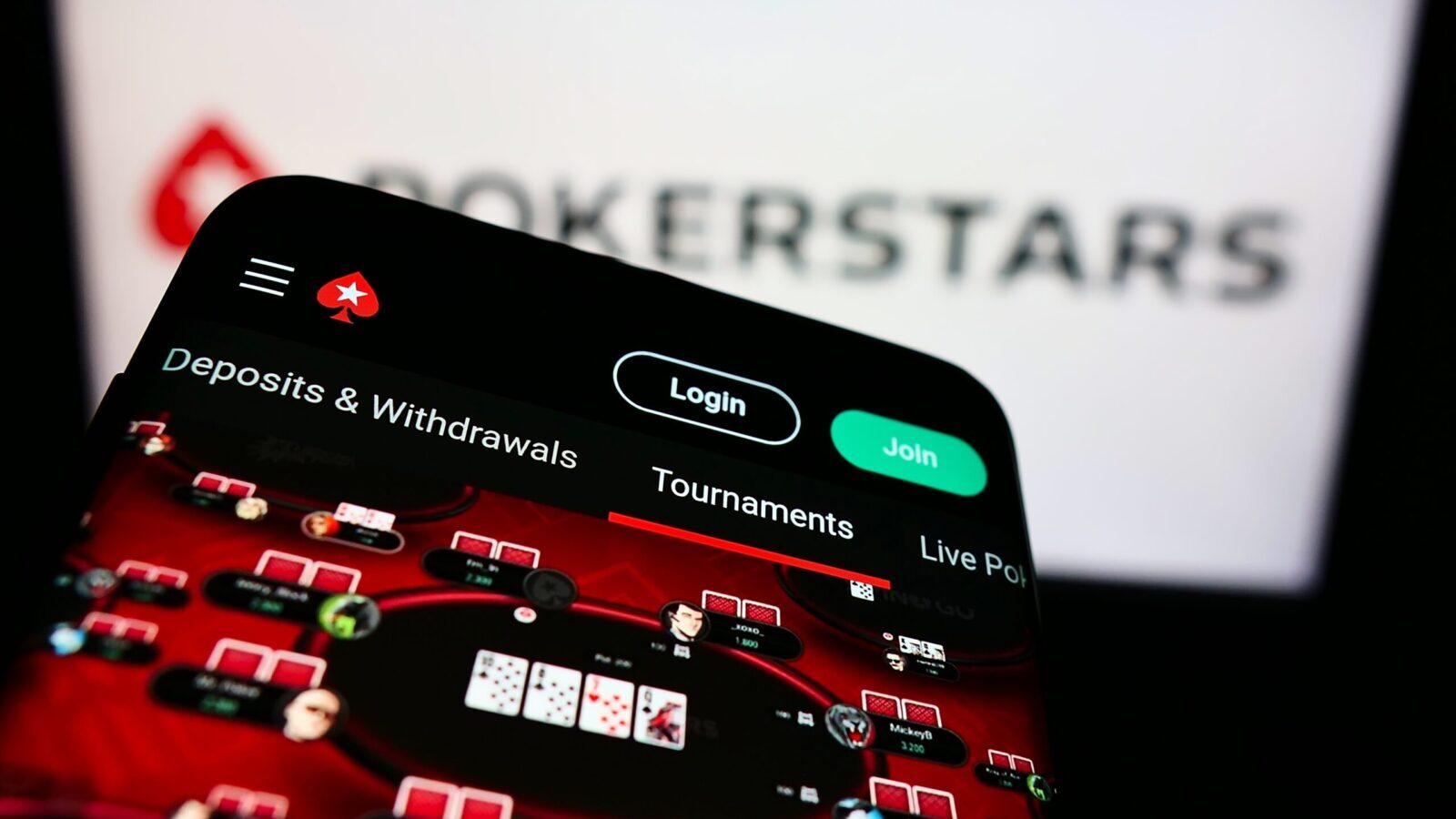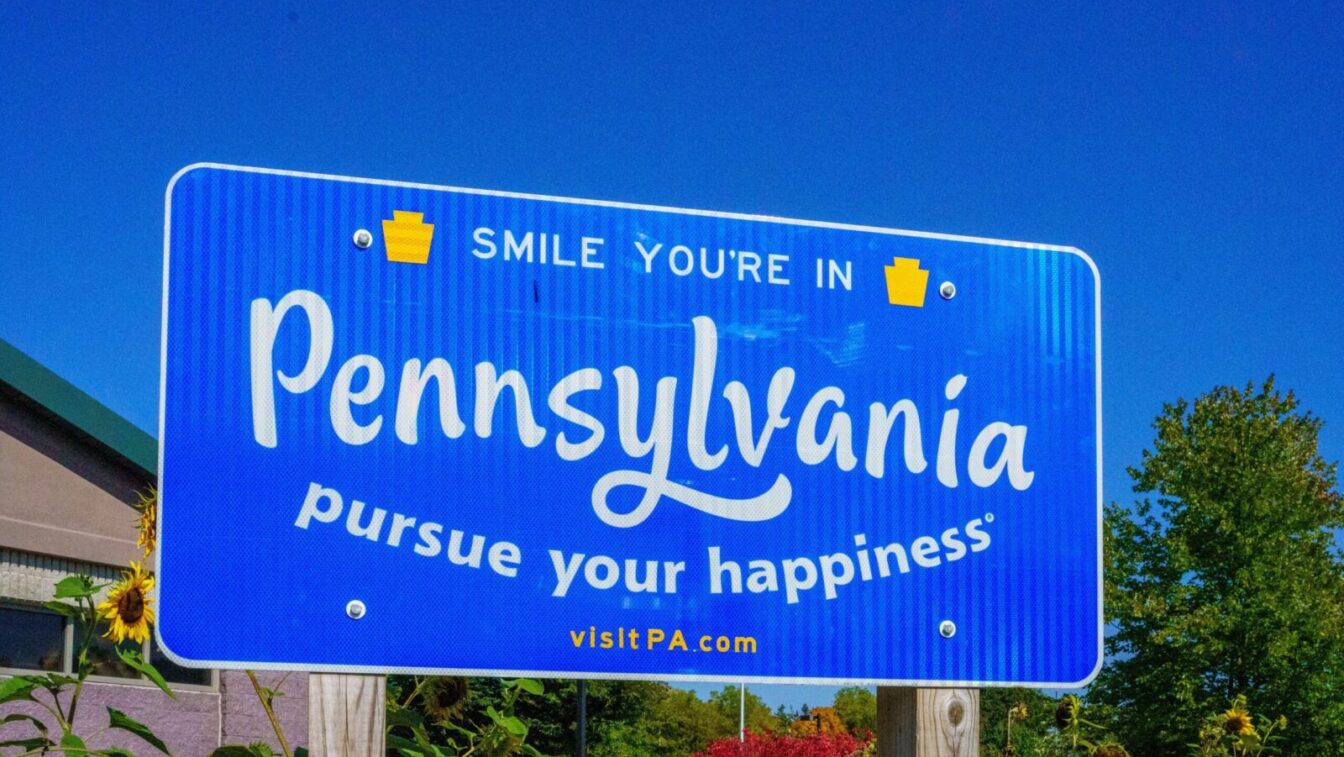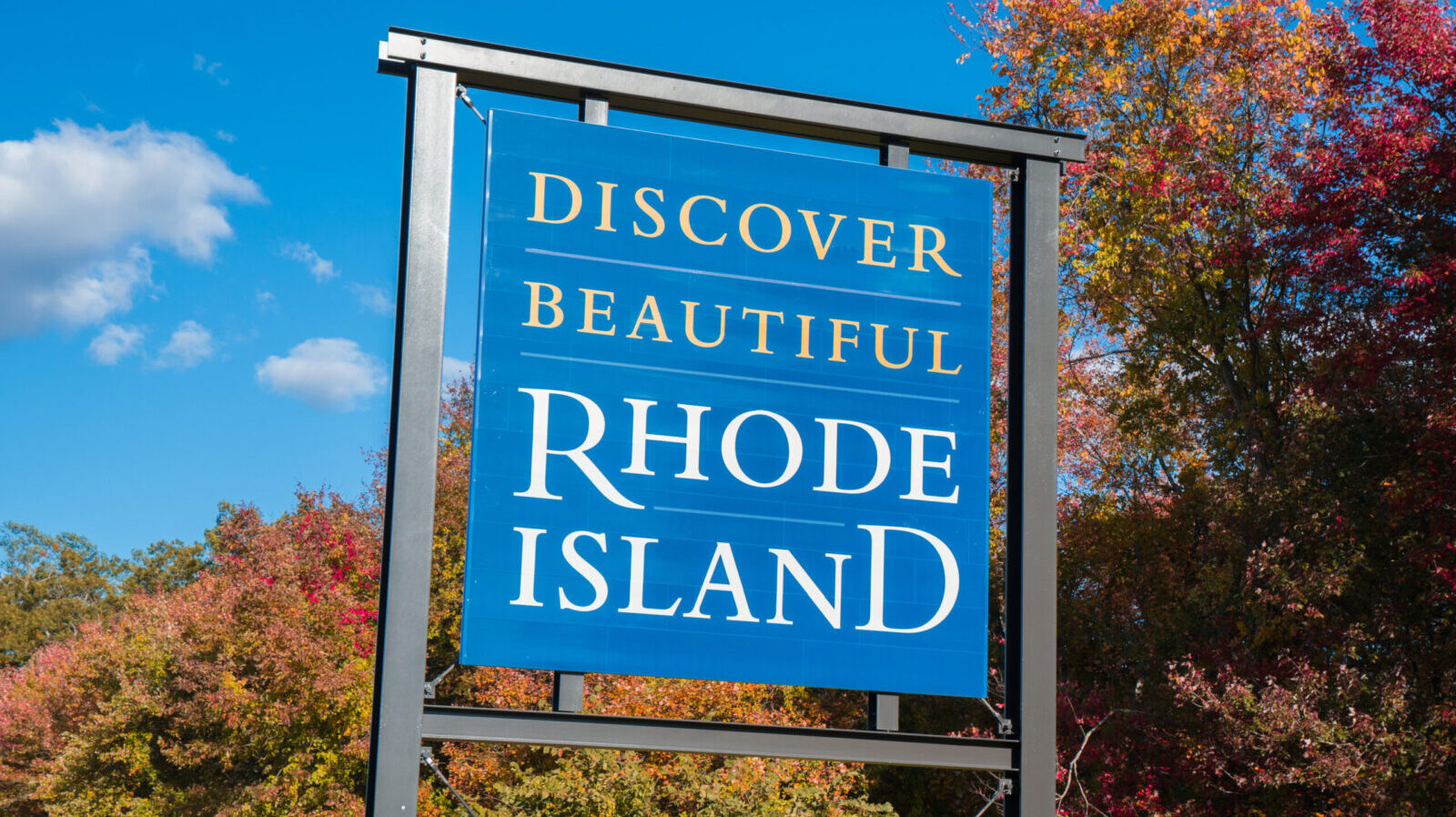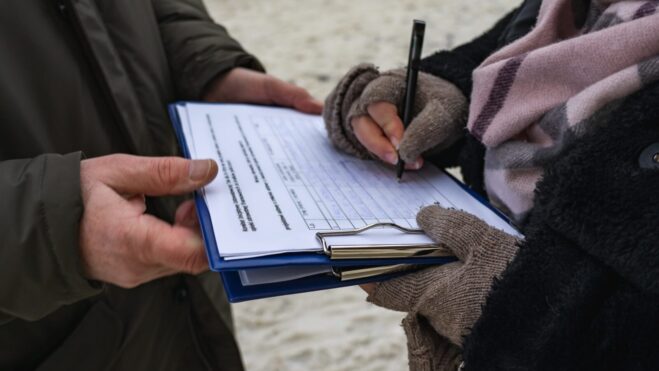Pennsylvania Finally Taking Steps Toward Joining Interstate Online Poker Pact
Five other states have already signed Multi-State Internet Gaming Agreement
4 min

Pennsylvania Gov. Josh Shapiro has directed the Pennsylvania Gaming Control Board (PGCB) to explore the possibility of joining the Multi-State Internet Gaming Agreement (MSIGA). The move would align Pennsylvania with other key gaming states — Delaware, Michigan, Nevada, New Jersey, and West Virginia — potentially reshaping the landscape of online poker and possibly impacting other forms of internet gambling in the U.S.
MSIGA is a cooperative arrangement that allows for pooled online poker liquidity across state lines. This means that players from participating states can compete against each other, dramatically increasing the number of available players and in turn the game options and tournament prize pools.
Pennsylvania, the nation’s top internet gaming market, generated $2.1 billion in iGaming revenue last year. This makes its potential entry into the MSIGA arguably the most significant of any state yet.
A deliberate but unclear path forward
Gov. Shapiro, according to multiple reports, contacted the PGCB last Thursday, instructing the gaming regulator to initiate discussions with MSIGA representatives. However, there is no announced timeline for when these negotiations will be completed and there’s no guarantee Pennsylvania will ultimately decide to join the compact.
Still, the very exploration of the idea signals a growing appetite for interstate gaming collaboration in Pennsylvania. In March, Pennsylvania state Rep. George Dunbar sponsored House Bill 2078, an effort aimed at pushing the state toward joining the MSIGA.
Dunbar has been a vocal advocate of the economic benefits that could come from increased player pools, particularly in online poker. “It would allow us to compete on a national level and help secure Pennsylvania’s position as a leader in online gaming,” Dunbar said during a March hearing on the bill.
MSIGA: a brief history
The MSIGA has grown incrementally since its inception in 2014, when Delaware and Nevada became the first two states to join. At that time, Nevada, home to Las Vegas and a hotbed for poker, was particularly eager to expand its reach in the online poker sector.
In 2017, New Jersey, already a giant in online gambling, entered the compact. The inclusion of Michigan and West Virginia came in 2021 and 2022, respectively, further enlarging the potential player pools and making the MSIGA a powerful force in online poker. With New York considering online poker legislation, it could eventually become part of the group, as well.
The potential addition of Pennsylvania to this group would have a transformative impact. Pennsylvania’s large population (about 13 million) and established iGaming infrastructure would likely result in a substantial increase in liquidity for poker operators.
There are presently four regulated online poker sites in the Keystone State: PokerStars, WSOP Online, BetMGM Poker, and Borgata Poker.
The looming threat of AI bots in online poker
While Pennsylvania’s possible entry into the MSIGA is cause for excitement in the gaming community, it also comes at a time when concerns over the integrity of online poker have reached new heights. A recent Bloomberg report revealed that AI bots — some of which may be operated by Russian bot farms — have become rampant in online poker games. These bots, fueled by sophisticated artificial intelligence and advanced poker software, are now available to anyone willing to pay a few hundred dollars.
Online poker forums are rife with accusations, with players complaining about the presence of bots in everything from low-stakes cash games to high-stakes tournaments involving well-known professionals. Poker platforms, including those operating under the MSIGA, maintain a “zero tolerance” policy toward bots, but the scale of the problem remains unclear. Many experts, including Alex Scott, president of the company behind the World Poker Tour, suggest that the issue may be more complex than it appears.
“Customers loathe bots and won’t spend money playing against them,” Scott told Bloomberg. “But all accounts, including bots, generate revenue.”
Poker sites typically make their money by taking a small percentage of each pot, known as the “rake.” This means that, from a business perspective, platforms have little incentive to police who wins or loses, as long as the games are running and revenue is flowing.
Scott also pointed out that bots serve another critical function for poker sites: ensuring that games are always available. “You can’t run an online poker business without liquidity, and bots can provide that,” he said. While Scott emphasized that companies he had worked for had not used bots, he suspected that smaller platforms might rely on them to keep games going.
Flipping the script on Black Friday
The MSIGA represents a complete turnaround from the events of “Black Friday,” when federal authorities shut down major online poker sites. On April 15, 2011, the U.S. Department of Justice unsealed indictments against the founders of the three largest online poker platforms operating in the U.S. — PokerStars, Full Tilt Poker, and Absolute Poker — accusing them of bank fraud, money laundering, and illegal gambling under the Unlawful Internet Gambling Enforcement Act (UIGEA) of 2006.
The crackdown led to the immediate cessation of online poker on these platforms in the U.S. It also left millions of players scrambling to recover their funds; many never did. At the time, it seemed like the end of online poker in the country.
However, just over a decade later, the creation of MSIGA signals a reversal of that dark chapter in U.S. poker history. Whereas Black Friday was marked by a federal crackdown on unregulated online poker, MSIGA is a state-sanctioned cooperative agreement that facilitates legal, regulated online poker across state lines. The states participating in MSIGA have worked together to build a framework while operating in full compliance with U.S. laws.
The fallout from Black Friday pushed many poker operators out of the U.S. market, but it also led to a gradual push for regulatory reform. States began to explore the possibility of legalizing online poker and other forms of iGaming, seeing both the economic potential and the importance of providing a safe, regulated environment for players. Nevada became the first state to legalize online poker in 2013, and Delaware and New Jersey followed suit shortly thereafter.
Where Black Friday once signified the end of a multi-billion-dollar industry in the U.S., MSIGA has rekindled hopes that legal, regulated online poker can become a major revenue generator for participating states. Although it’s poised to happen several years after the idea was first posited, Pennsylvania joining MSIGA in the coming months would raise the ceiling for regulated poker participation and revenue substantially.





